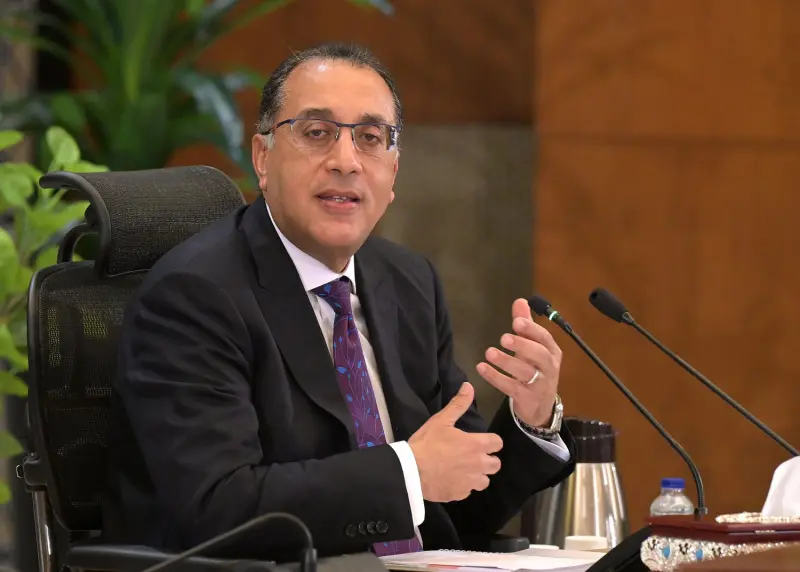BY Libyan Express

The Egyptian government has been forced to establish an advisory panel to address mounting concerns from the business community, following an extraordinary public meeting where leading industrialists delivered stinging criticism of Prime Minister Mostafa Madbouly’s economic stewardship.
In unprecedented scenes broadcast live on Wednesday, Egypt’s business elite laid bare their frustrations with government policies amidst spiralling inflation, mounting foreign debt and dwindling currency reserves. The confrontation has sent shockwaves through Cairo’s political establishment.
‘We’re shouldering the burden for decisions we didn’t make’, declared property magnate Hisham Talaat Mostafa, pointing to crippling interest rates of 32 per cent. His sentiments were swiftly endorsed by industrial tycoon Naguib Sawiris, who wrote on social media that firms are ‘haemorrhaging money, particularly in construction and property development’.
The remarkable meeting shattered the typically carefully managed façade of government-business relations. Ahmed Ezz, an industrialist associated with former President Hosni Mubarak’s regime, highlighted record lows in construction sector growth and criticised ‘unjustified’ building restrictions that have effectively barred most Egyptians from construction activities.
City analysts note that scores of major firms have decamped to neighbouring Arab nations, contradicting the government’s rosy portrayal of the investment climate. The exodus comes as Egypt seeks fresh support from the International Monetary Fund amid an acute foreign currency shortage.
‘The government has dug its own grave’, remarked Talaat Khalil, secretary-general of the Conservative Party. Speaking to Al-Arab newspaper, he attributed the economic turmoil to inadequate parliamentary oversight and the administration’s refusal to acknowledge fundamental political challenges.
Mr Madbouly appeared wrong-footed during the encounter, struggling to mount a convincing defence of his economic strategy. His assertions about declining debt levels failed to convince an increasingly sceptical public.
The extraordinary public airing of grievances comes at a precarious moment for President Abdel Fattah el-Sisi’s administration, which faces mounting pressure to address economic woes. The decision to broadcast the confrontation live—unusual in Egypt’s tightly controlled media landscape—suggests a potential shift in the regime’s approach to economic governance.
Some political observers view the meeting as a calculated move to demonstrate reform credentials, particularly to international financial institutions. Others interpret it as a sign of desperation, indicating the government has exhausted conventional solutions to the economic downturn.
The re-emergence of Mubarak-era business figures in public discourse has sparked fierce debate. Whilst some welcome their crisis management experience, opposition figures have expressed concern about the concentration of economic and political influence.
Despite the criticism, the administration’s willingness to engage with dissenting voices marks a notable departure from its typically rigid stance. The government has notably refrained from reprisals against executives who spoke out, suggesting a possible thaw in private sector relations.
Market Impact
The Egyptian pound continued its slide against sterling in offshore trading following the meeting, whilst yields on government bonds climbed, reflecting mounting investor concerns about economic policy direction.

No comments:
Post a Comment